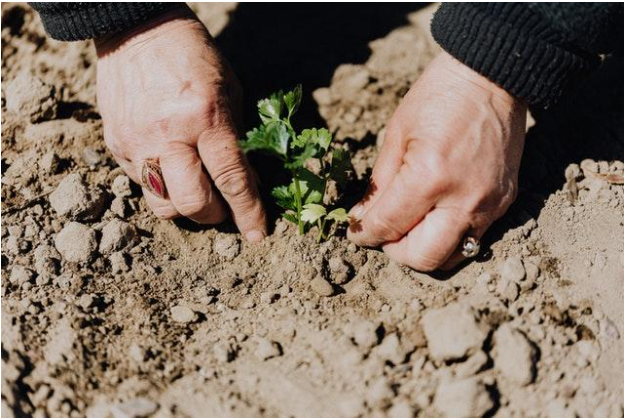Homesteading in Retirement: How to Get Started
There are all kinds of ways to retire. You can spend your days lounging on the beach or hanging out by the pool. You can pick up a craft or hobby or write the next great novel. For some people, however, the ideal retirement looks more like an idyllic slice of the past. Homesteading is a way to craft a retirement built on hard work, self-sufficiency, and embracing a pastoral daydream.
To live out your perfect homesteading retirement, however, you need the right property. As property tax and estate laws have changed due to the passage of
California's Proposition 19, turning to
Simon, Mckinsey, Miller & Stone when buying is more important now than ever before. You’ll want someone by your side who can confidently navigate the new legislation and explain exactly how your purchase and property taxes will be affected.

Here Are a Few More Things You Should Consider While Searching for Your Perfect Retirement Property:
Start With a Financial Health Assessment
Before you dive into searching for a property, give yourself a financial health assessment. This means looking over every aspect of your financial situation, from debt to income sources to investments, and more. This should be a careful and honest scouring and is best done with the help of an accountant or financial advisor.
This is important for several reasons. First, it gives you a sense of how much house you can afford. Second, it allows you to intervene if there are any issues. For example, you might have substantial debt you need to take care of. Significant money owed can stop you from qualifying for a loan, and could make it difficult to pay off anything you did qualify for. Instead of plowing forward, you should look into debt management solutions that can help you
work the debt down to a more manageable level.
List Down What You Want
Your next step should be a thoughtful analysis of what you want out of your homestead property. Remember, you don’t necessarily have to live on a farm to homestead, and that may not be the best choice for you, anyway. There are a lot of innovations in the realms of urban and suburban farming. A smaller, more manageable garden might be a better bet for your golden years, regardless. After all, you don’t want to invest in a property that will rapidly prove too big to care for.
Figure out exactly what kinds of foods you’d like to grow and animals you’d like to care for if any. Then, do research about the kind of care those plants and animals need to thrive. If you mostly want to grow things that need full sunlight, you’ll know to rule out anything with too much tree cover. If you’re planning to
keep chickens, make a note to check zoning rules in potential neighborhoods to make sure chickens are allowed.
Start Searching
Once you have your finances in order and a general idea of what you want, it’s time to start your house hunt. Although you may be tempted to dive into the market as a solo buyer, it’s much smarter to go in with a real estate agent on your side. The right agent won’t just be able to set up tours — they’ll be able to guide you toward the house of your dreams and weed out properties that just won’t do. Ultimately, you want an agent with experience buying the kind of home you’re interested in and plenty of experience in the area.
While you’re house hunting, don’t be afraid to make a move if the property feels right. With interest rates historically low, many markets are surprisingly competitive right now. A decisive buyer is more likely to get what they want, so don’t dally if you’re interested.
Homesteading is an excellent way to retire, and you deserve a property where you can live the golden years you’ve imagined. With legal, financial, and real estate experts by your side, you can find the property to support that dream.
Contact Simon, Mckinsey, Miller & Stone to take that first step. Call
(562) 421-9354.









Contact Information
2750 N Bellflower Blvd Ste 100
Long Beach, CA 90815
Monday - Thursday: 9:00 am - 5:00 pm
Friday: 9:00 am - 3:00 pm
Closed from 12:00 p.m. – 1:00 p.m. for Lunch

